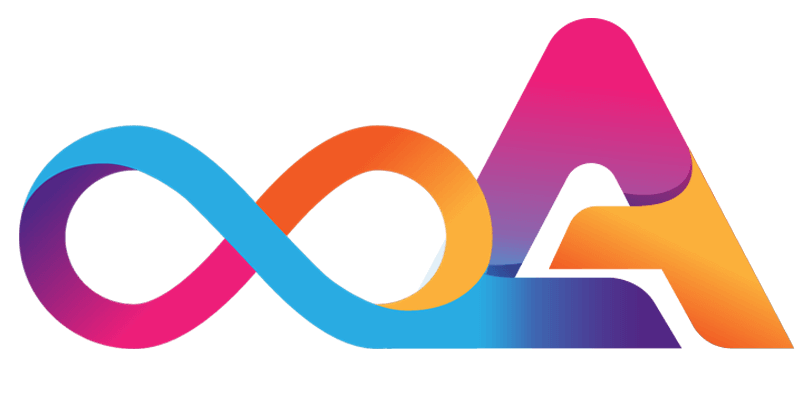
Building on the Internet Computer
Developer Resources
Everything you need to know to start building on the Internet Computer
Developer Resources
Building on the Internet Computer
Getting started as a developer

The Basics for Developers
The Internet Computer reimagines the superpowers of the internet. Here’s everything you need to know to get started as a developer
What is the Internet Computer?
The Internet Computer is a public blockchain that hosts smart contracts that run at web speed. Here’s everything you need to know about the IC.
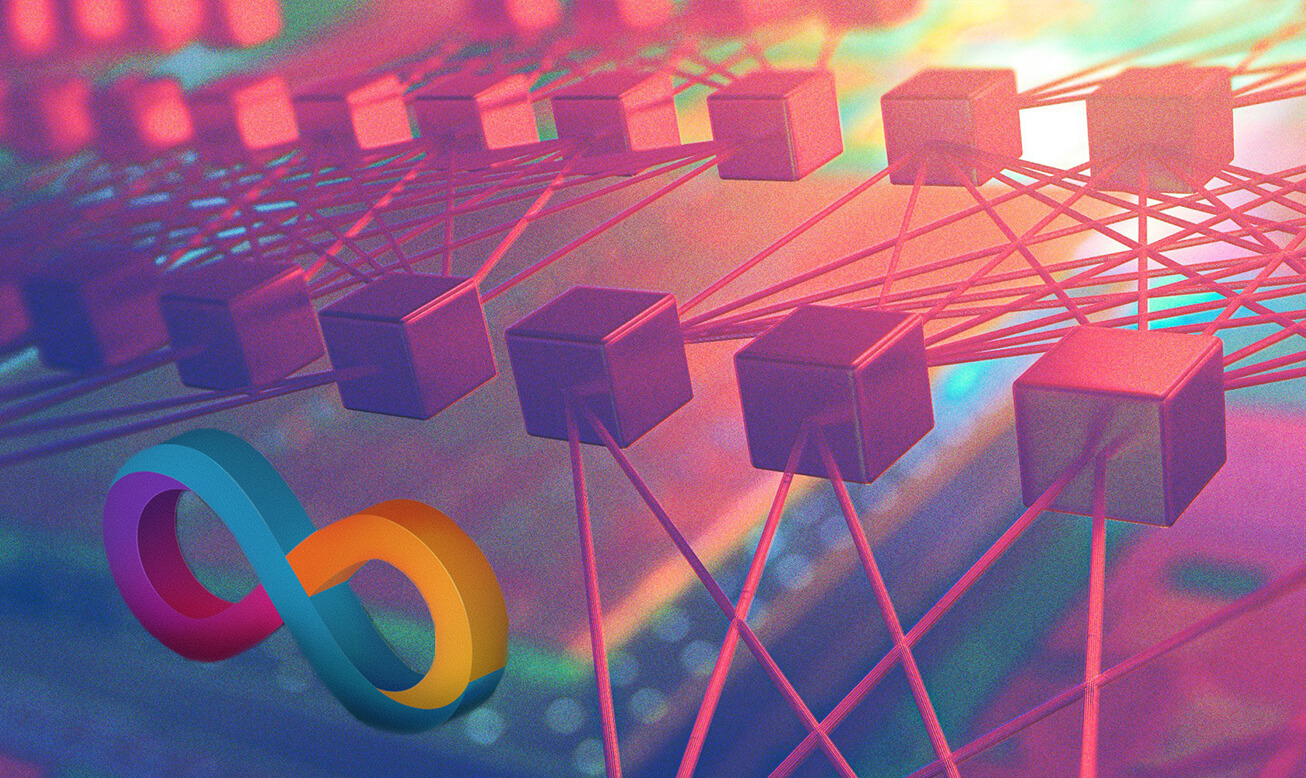
Technical Overview of the Internet Computer
Learn more about the infrastructure and architecture of the Internet Computer blockchain network from a technical perspective
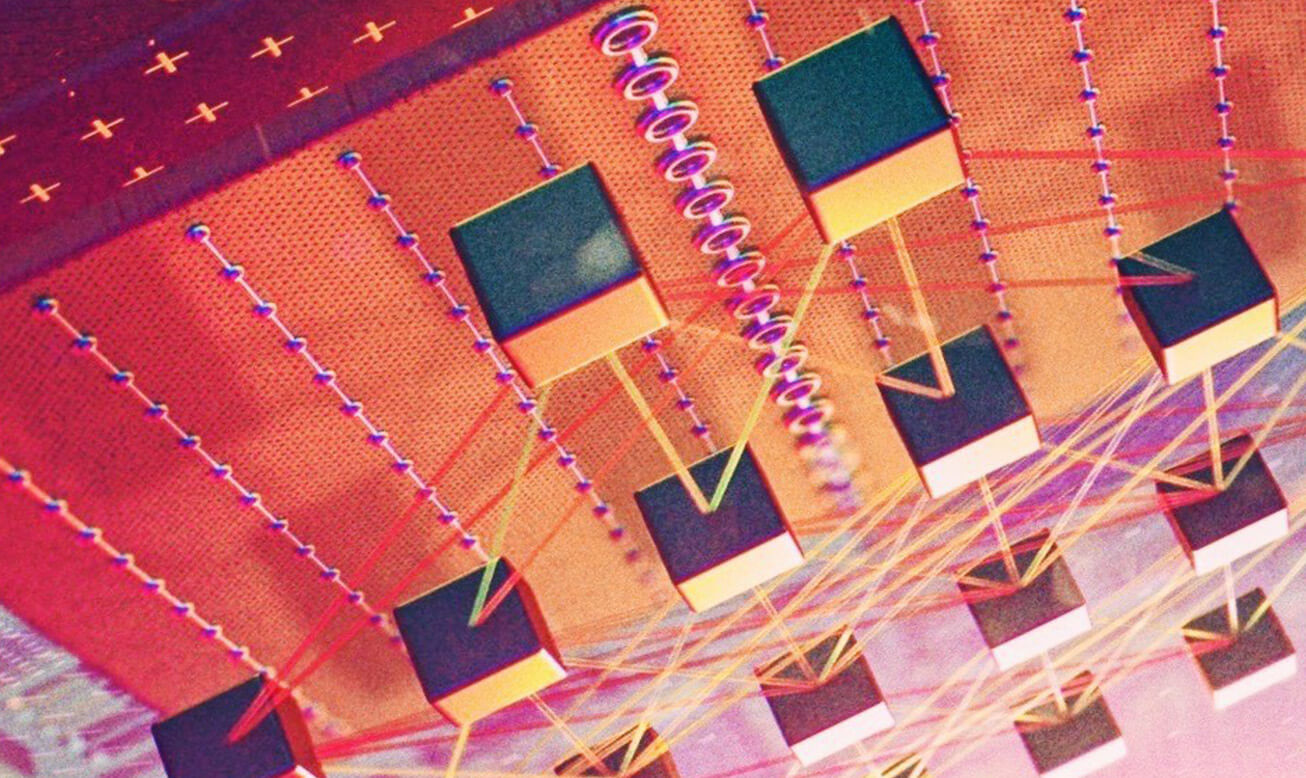

What are Canisters?
Learn more about the Internet Computer’s canister smart contracts
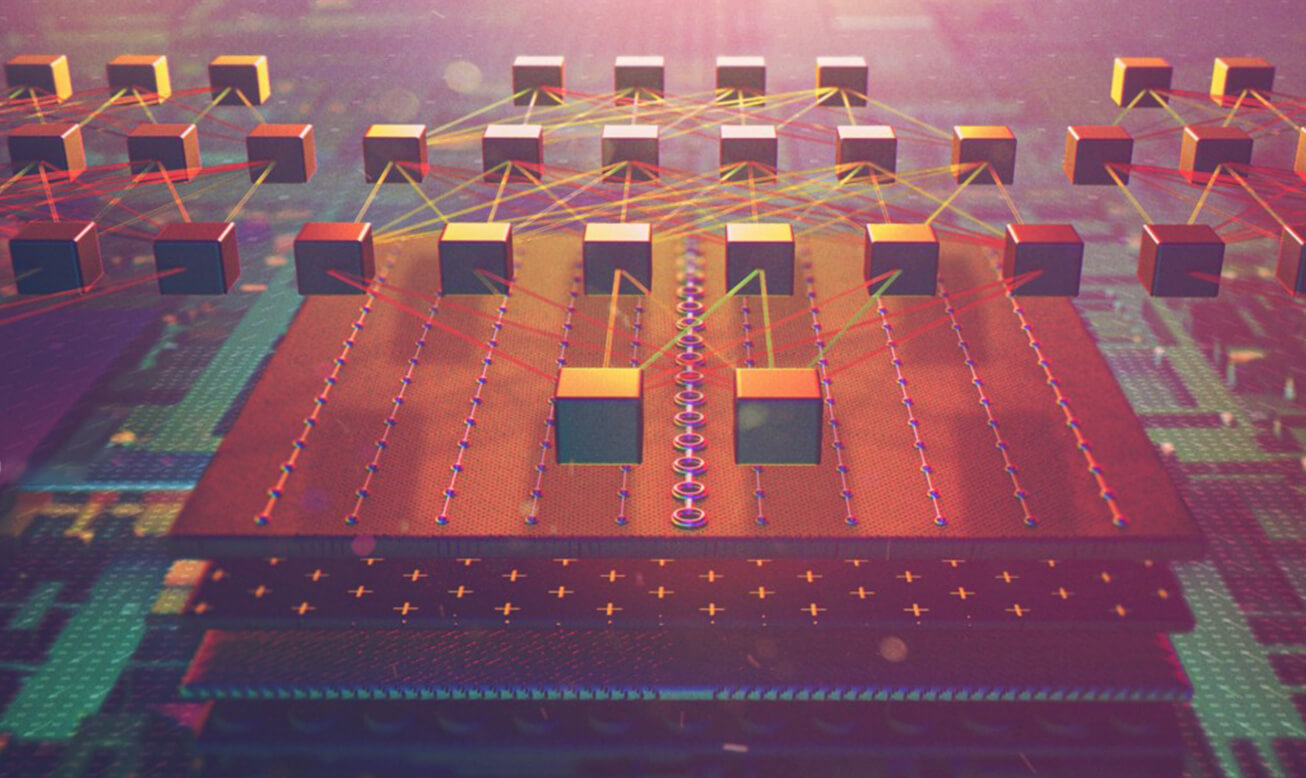
Convert ICP to Cycles
Learn how you can convert ICP to cycles to power your dApp on the Internet Computer

Deploy Canister
Find out how you can deploy a canister smart contract via the NNS dApp
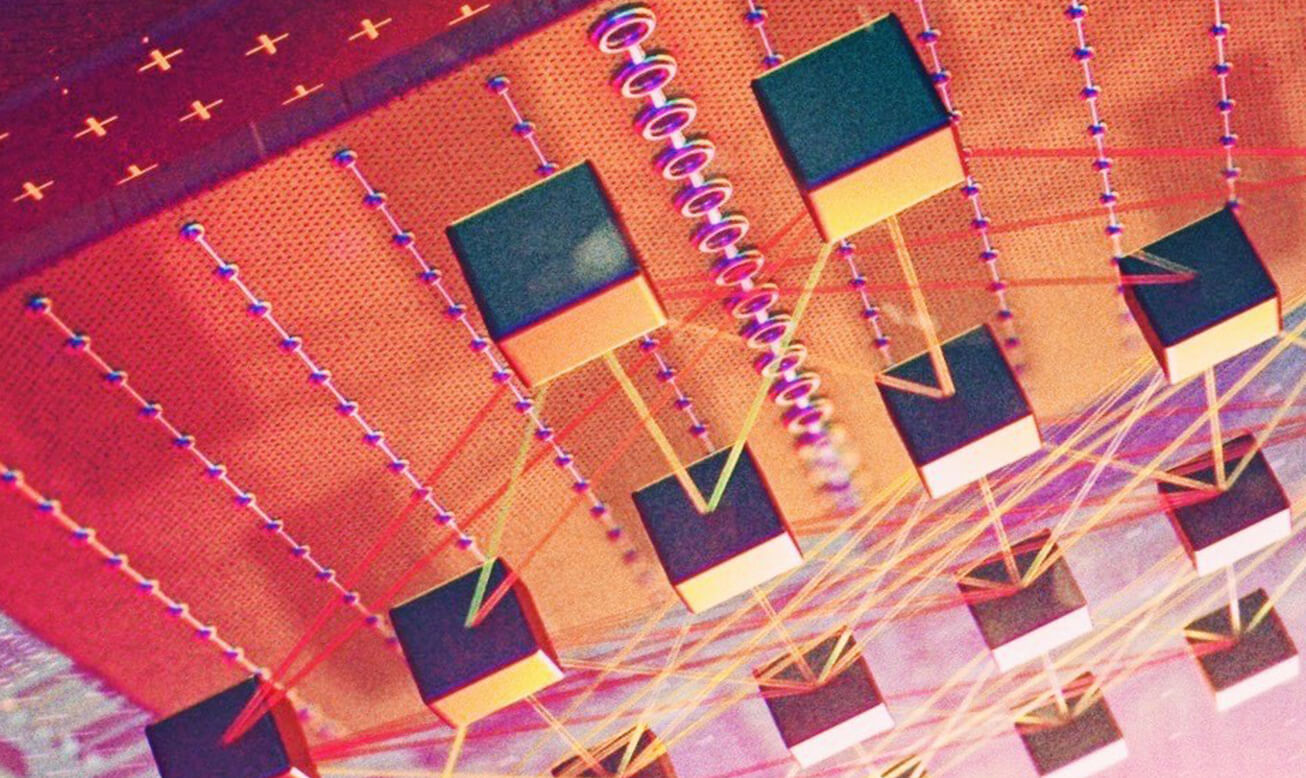
Manage Canisters
Learn everything you need to know about managing canister smart contracts on the Internet Computer

What Are Cycles?
Cycles are the Internet Computer’s computational resource that powers canisters


Cycles Faucet
The Cycles Faucet gives you free cycles allowing you to get started with building on the IC

Peer-to-Peer Layer
Find out how the Internet Computer’s peer-to-peer layer enables scalable communication

Achieving Consensus
Find out how consensus is achieved on the Internet Computer and how finalization takes
Chain Key Cryptography
Learn more about Chain Key Cryptography, the innovation that enables the Internet Computer to scale to millions of nodes
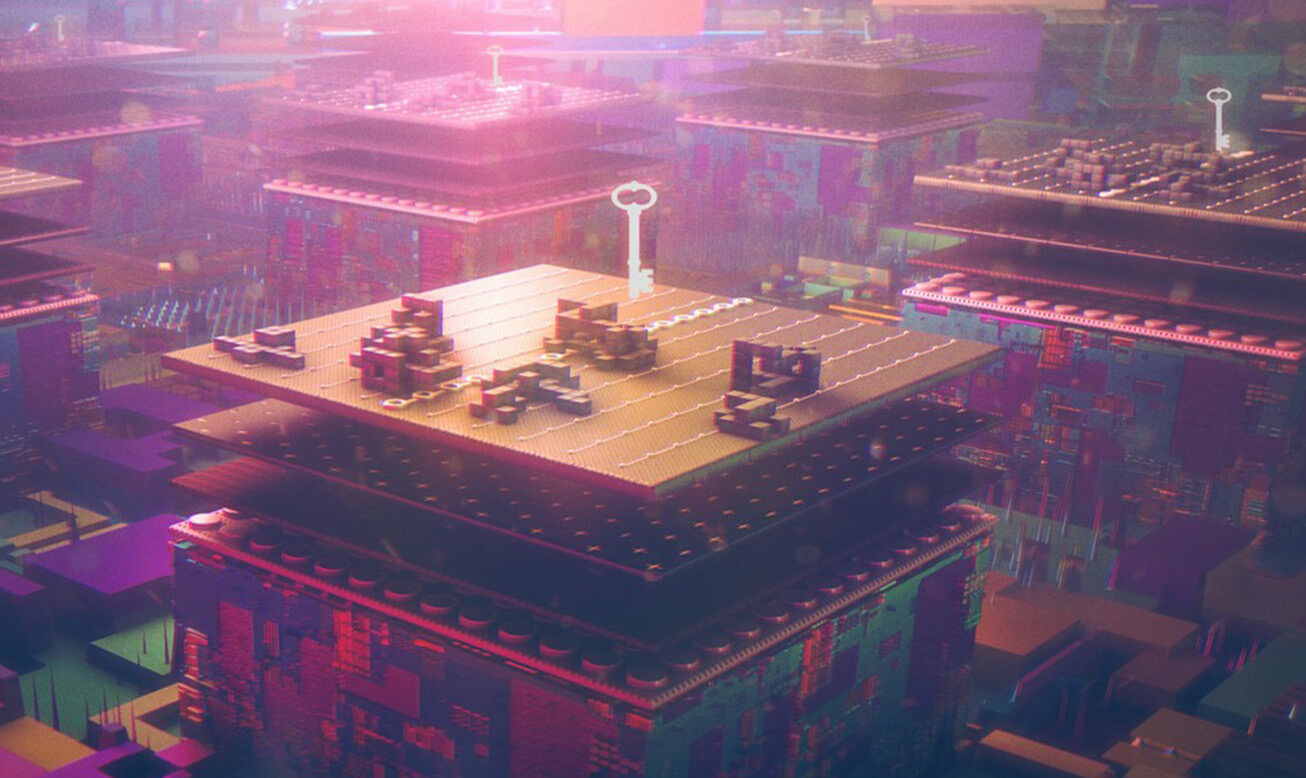
Introduction to the Motoko Programming Language
Find out more about Motoko, the native programming language of the Internet Computer


Introduction to Motoko
Learn More about the Internet Computer’s native language and how it empowers developers
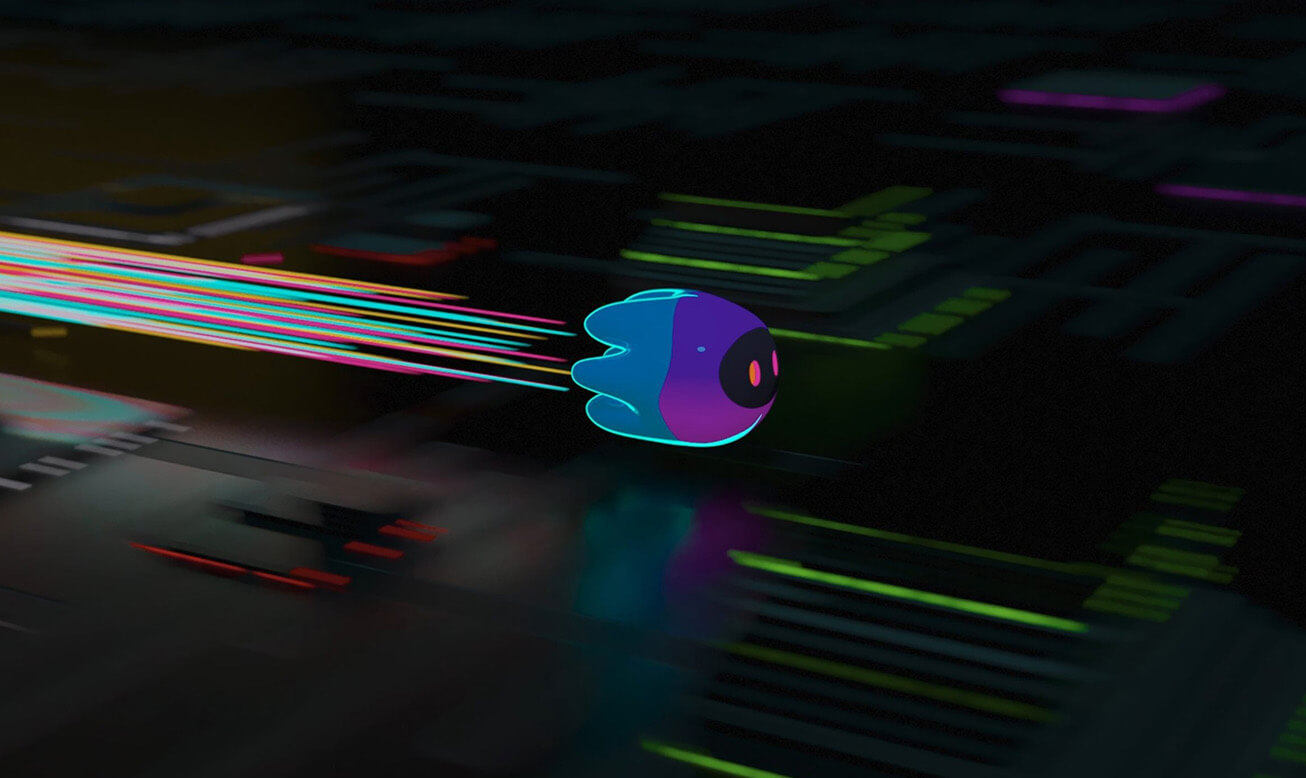
Discover Motoko’s Features
Learn more about the developer productivity features that Motoko offers to developers
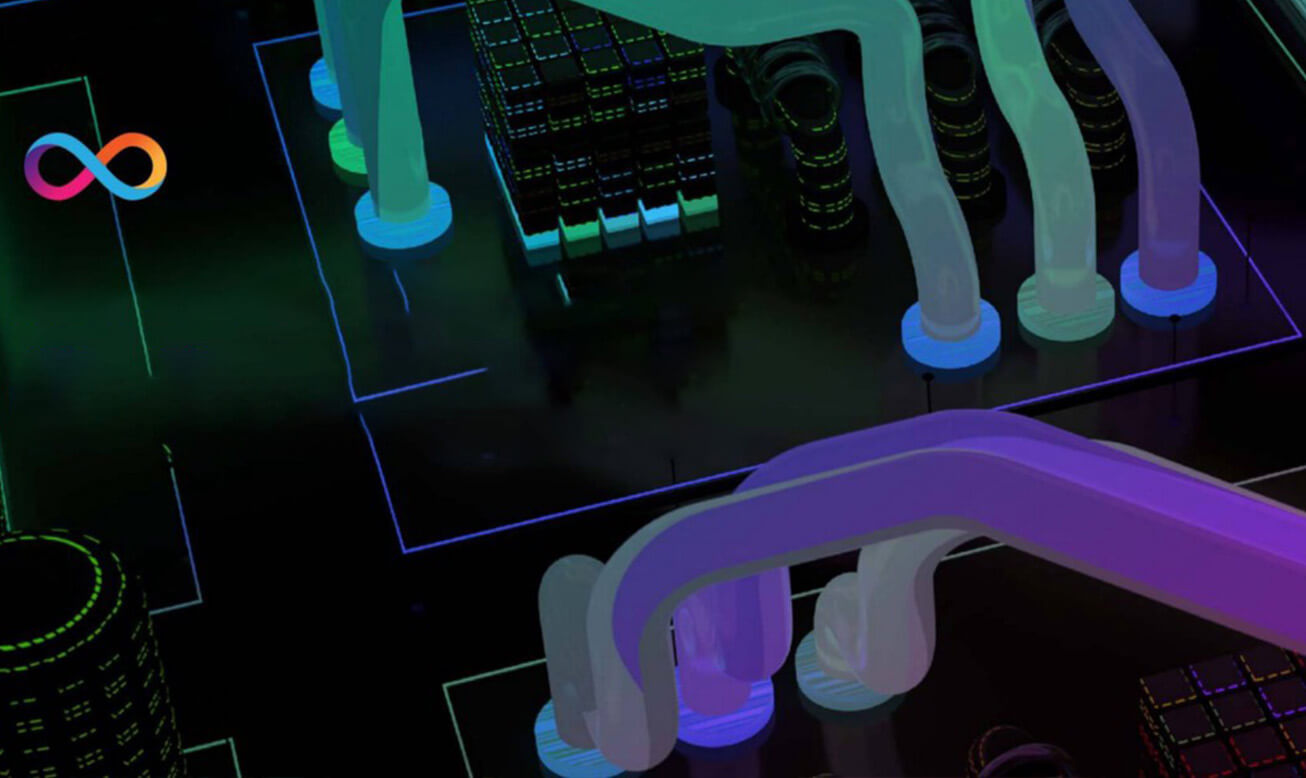
Using the Motoko Base Library
Learn how you can use the Motoko base modules to minimize built-in types and operations
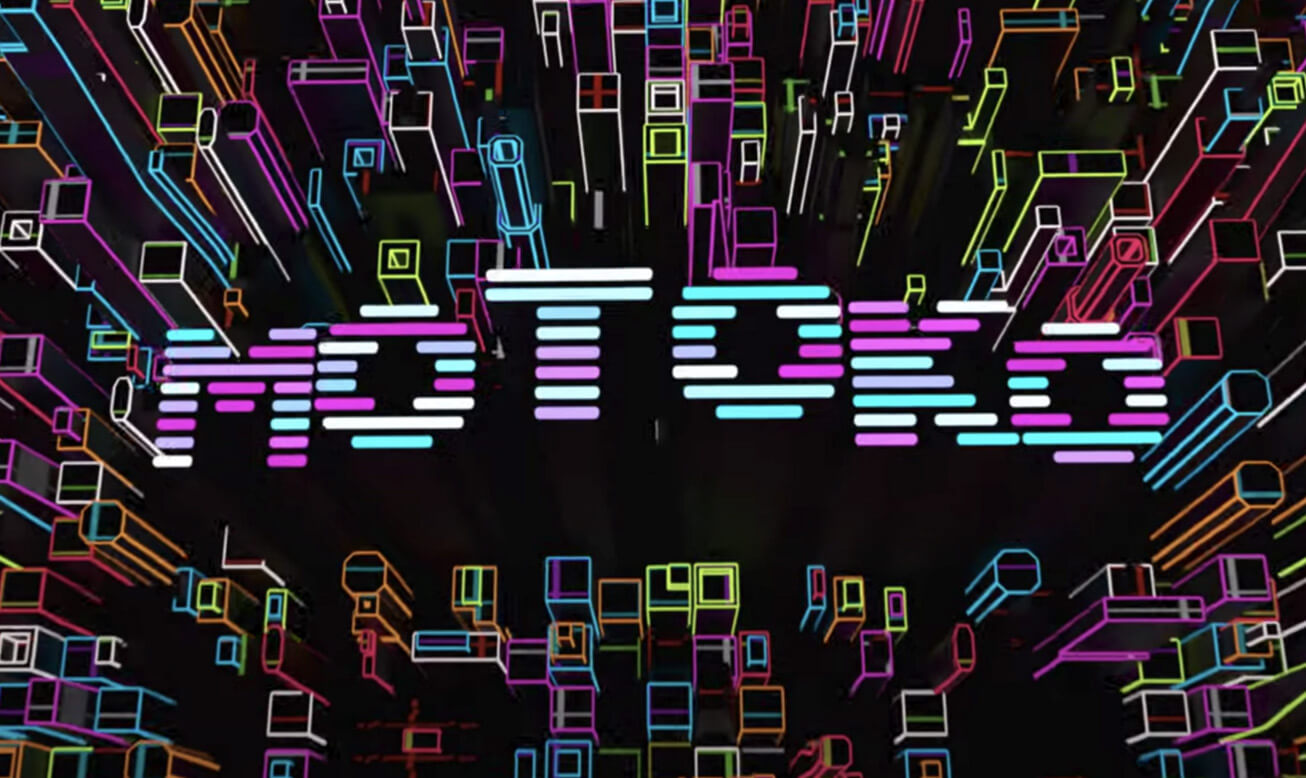
Motoko Playground
Learn more about the which allows developers to build, test, and deploy cancer smart contracts directly from their browser

Principal IDs
Learn more about Principal IDs that are used as the main unique identifiers on the Internet Computer for authentification

Certifying Responses
An exploration of how responses of canisters can be certified as authentic and true

What is Candid?
Learn more about Candid and how you can utilize it when developing a dApp

How Candid Works
Find out how Candid, the interface description language of the Internet Computer, works

How to Use Candid?
Learn how you can use Candid to perform typical tasks on the Internet Computer
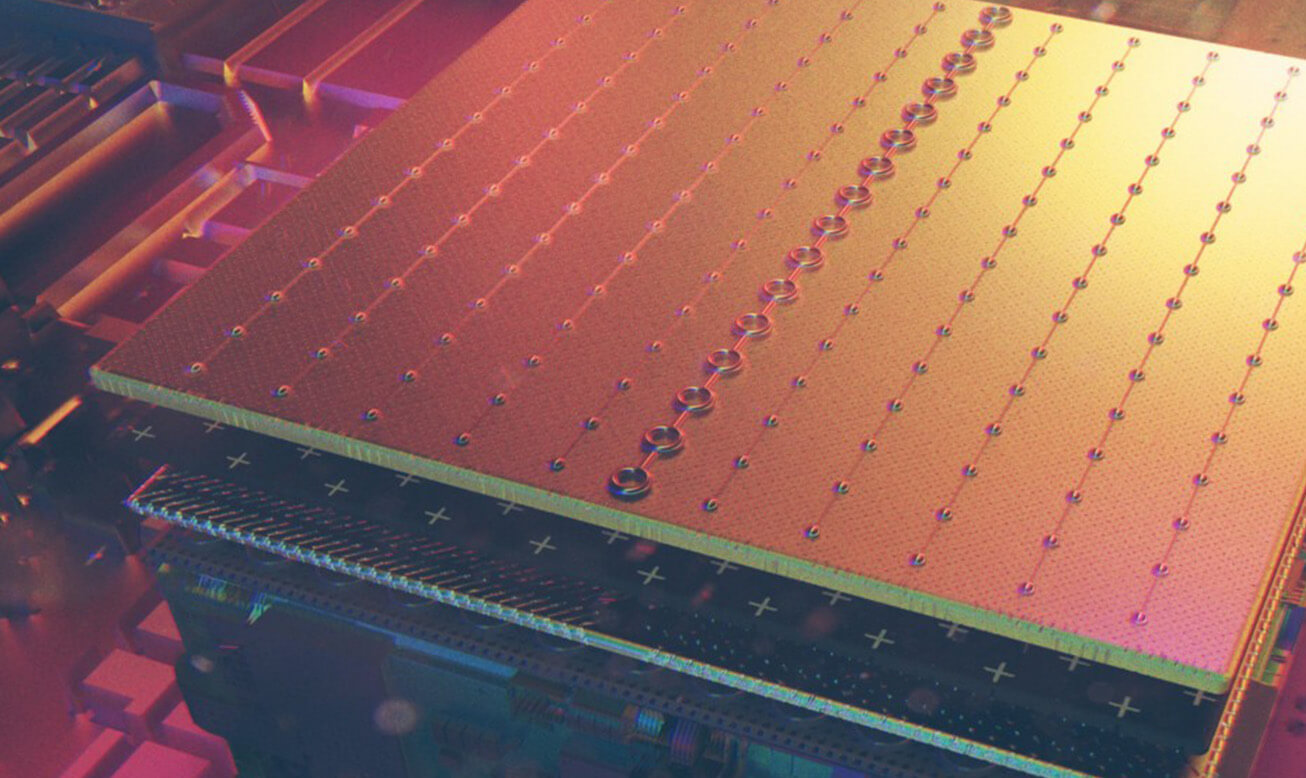
Example Code
Discover quick code references that showcase code examples for Motoko, Rust, and C++

“Hello, world!”
Have a look at the dApp equivalent of the simple “Hello, world!” program

Community Projects
Curated list of community-built projects running on the Internet Computer
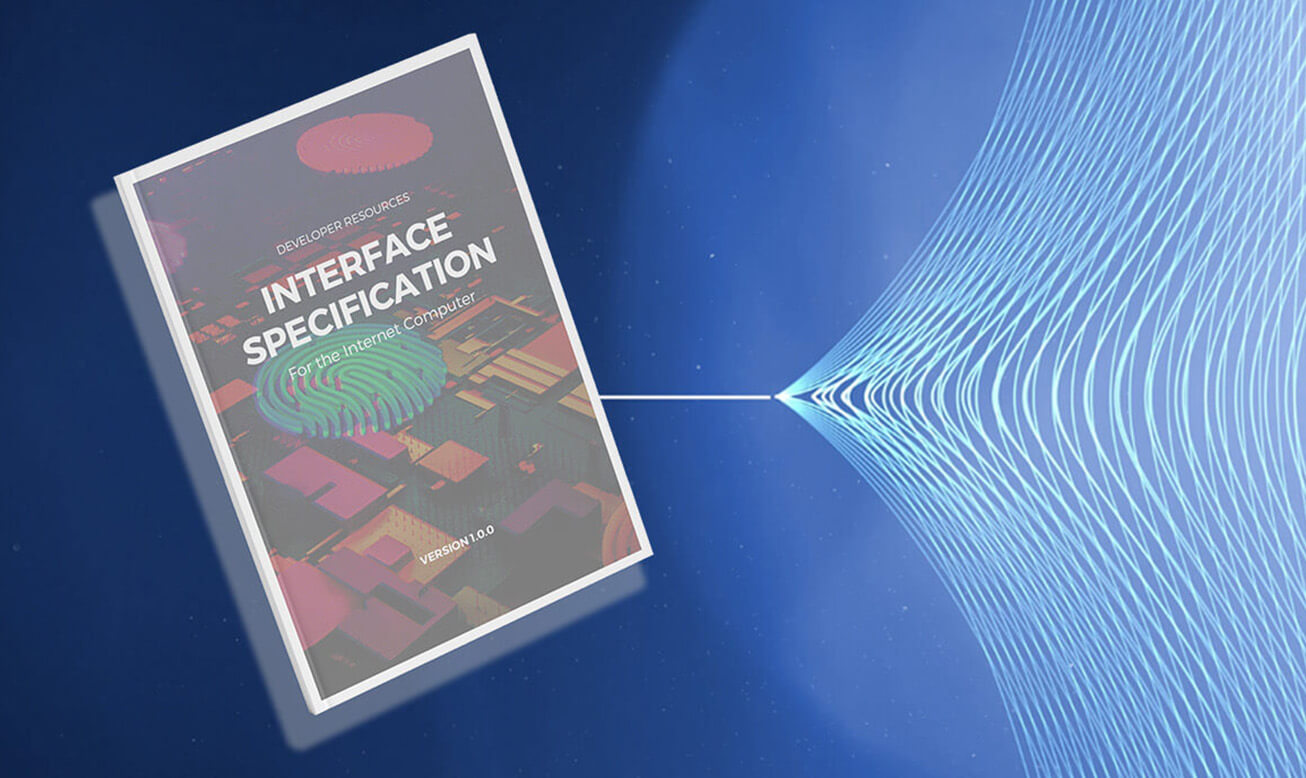
Interface Specification
Learn more about the Interface Specification that details how users and services communicate
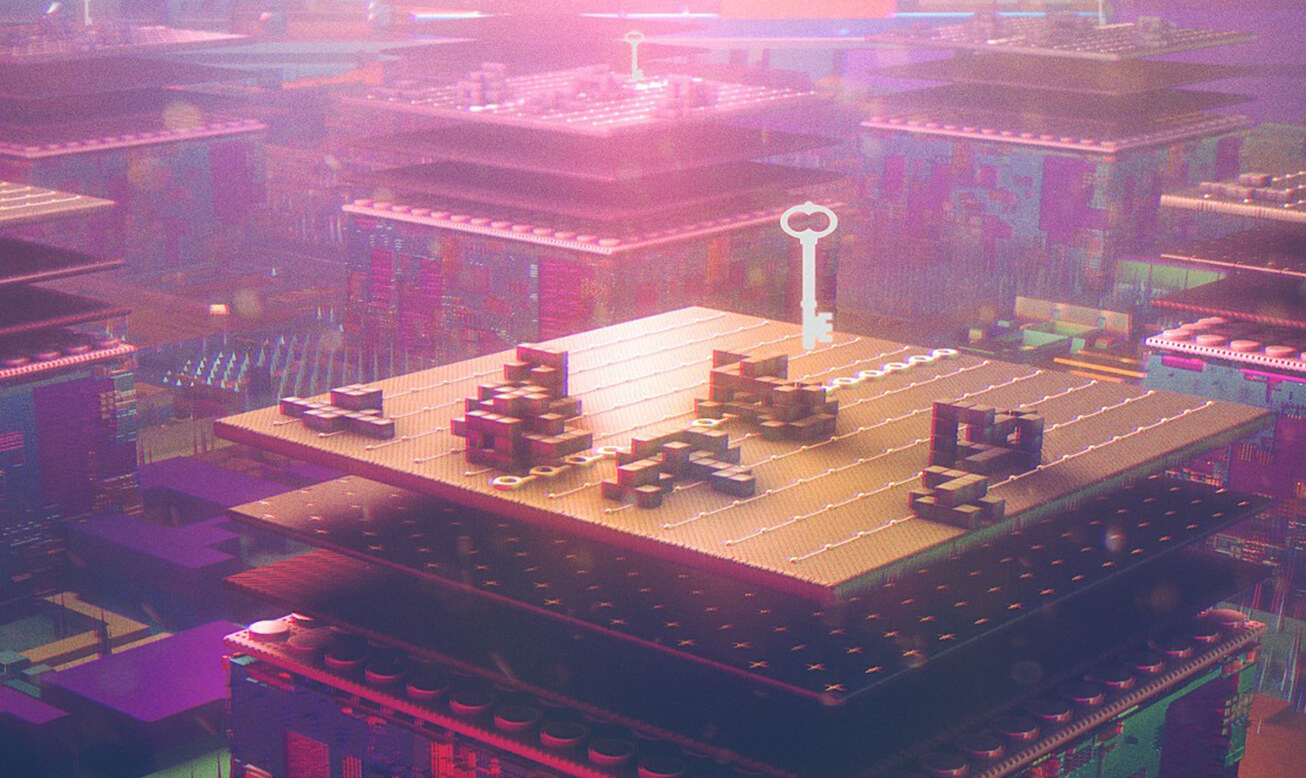
Noninteractive Key Generation
Discover Noninteractive Distributed Key Generation and how it helps the IC to apply advanced cryptography

Introducing the Quill Toolkit
Find out more about Quill, the open source ledger and governance toolkit for the Internet Computer
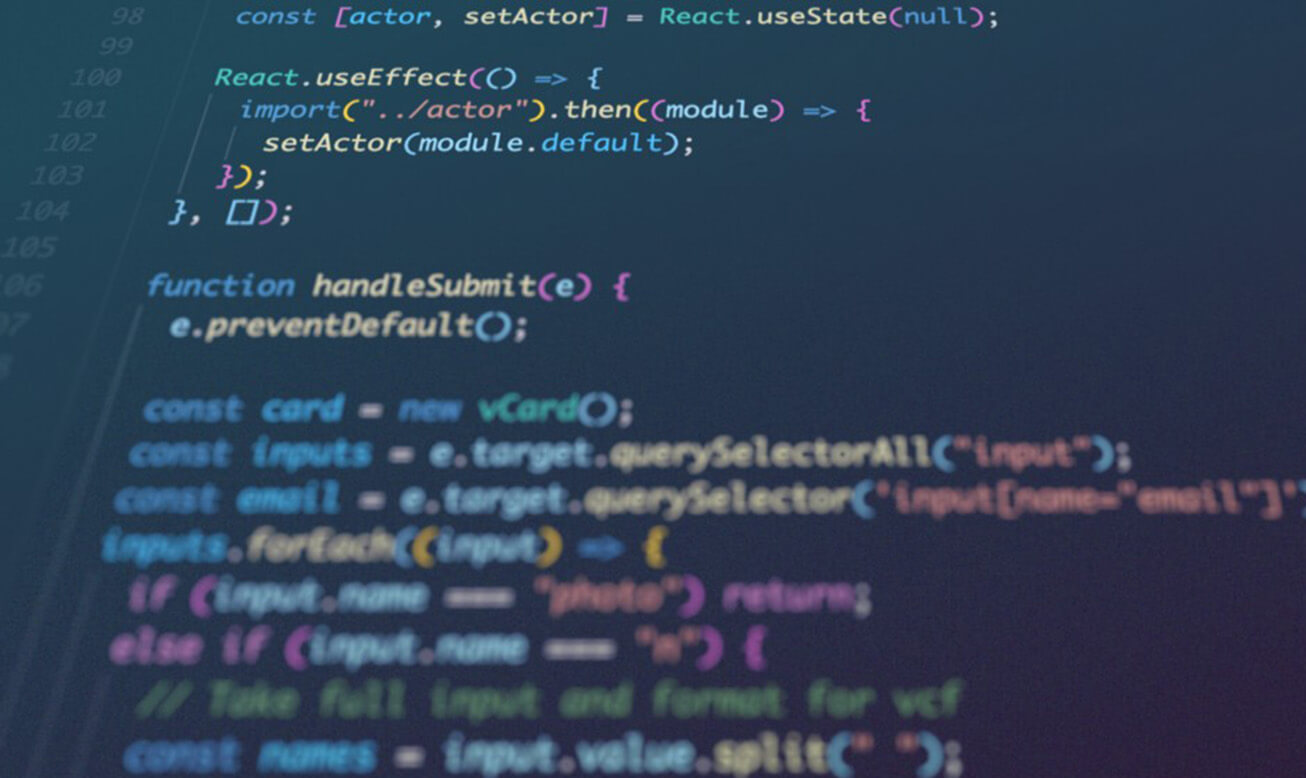
Building a Front-End dApp
Example walkthrough of the process for creating a front-end dApp on the Internet Computer

Internet Identity Code Verification
Step-by-step guide of verifying that the authentication system works correctly
